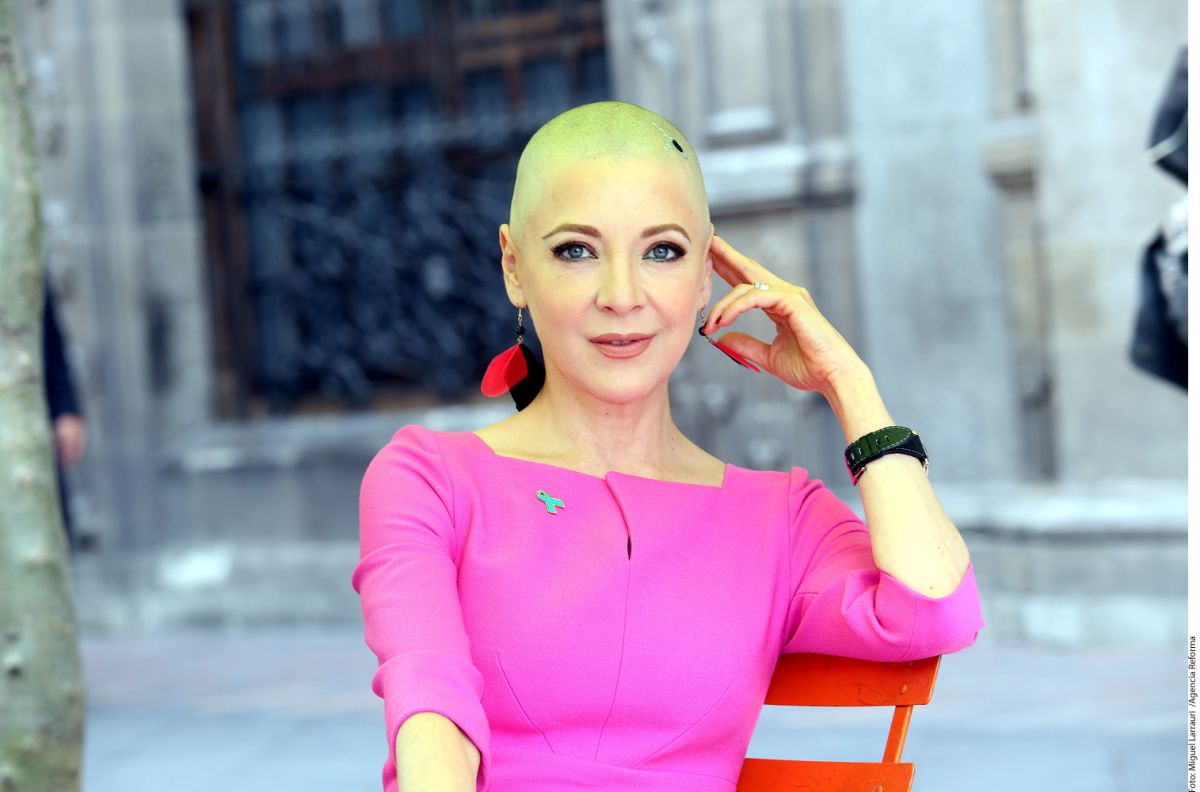Exactly one year ago, schools closed their doors on March 16, 2020, 24 hours before the start of confinement, for more than two months. The Covid-19 epidemic was then exploding in France. For National Education and its 800,000 teachers, urgently forced to invent distance education, this is an unprecedented upheaval. The damage this crisis has caused to the school has been major. But this very gloomy year also led to the emergence, paradoxically, of educational innovations, new relationships between teachers, parents, students … habits that remain after the crisis.
When her high school closes in March 2020, Émilie, a teacher in the Lyon region, must urgently find digital tools to teach English at a distance. A year later, her students are well in class, and yet the teacher has not abandoned the interactive platform used during the confinement. Now high school students must use it between two sessions: “These interactive worksheets allow students to have access to documents before class, understand what is expected of them, it then allows during the lessons to focus a little more on the oral. I really find that ‘there is real progression using these tools. “ For Émilie, the crisis has really accelerated the use of these tools.
“During the crisis, we did not have the choice to use them, so the fact of having trained quickly like that, it allowed to create automatisms which make that then, it was easy to use them. “
Émilie, English teacher
to franceinfo
–
The sustainable use of digital technology is the conviction of the Ministry of Education, with twice as many visits in one year, for example, to the virtual spaces of establishments. But beyond that, the crisis has also sometimes changed the relationship between teachers and students. “Since this crisis, I am really aware that I do not only have students, and that I have children in front of me”, confides Christine, a school teacher in Seine-Saint-Denis.
“These children have suffered, they have experienced difficult things, and I tell myself that we must try to bring them as much happiness as possible., explains the teacher. Sometimes doing crazy things that are out of the program. For example, it snowed recently. Well, we decided, straight away, to organize sliding sessions in the park next to the school. Before, I would never have done it, because it does not fit into the programs. Now we go, we do it. “
Christine also uses more digital technology, but she does not take offense at the attitude of her hierarchy during this upset year: “The institution was never behind us, we were told ‘we are ready’, but nothing was ready, we had to manage. We were not offered any training on tools.” It’s the “kingdom of resourcefulness”, also confirms Émilie, the English teacher, who sometimes felt very lonely this year to adapt her pedagogy. The ministry ensures, for its part, that all academies now offer digital training.
–


